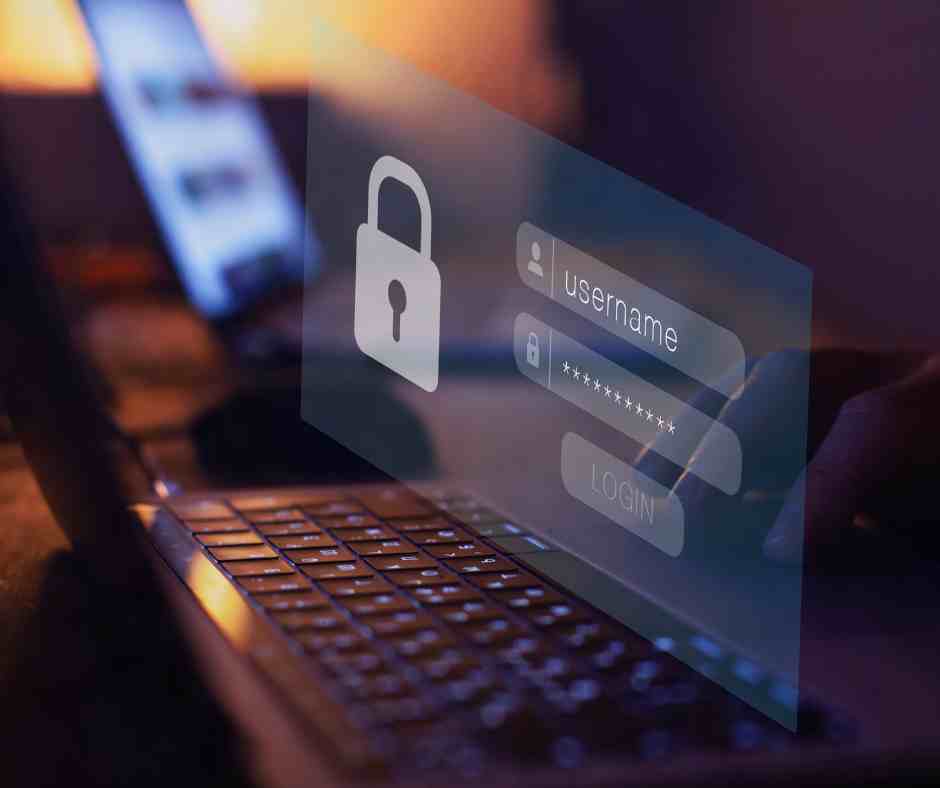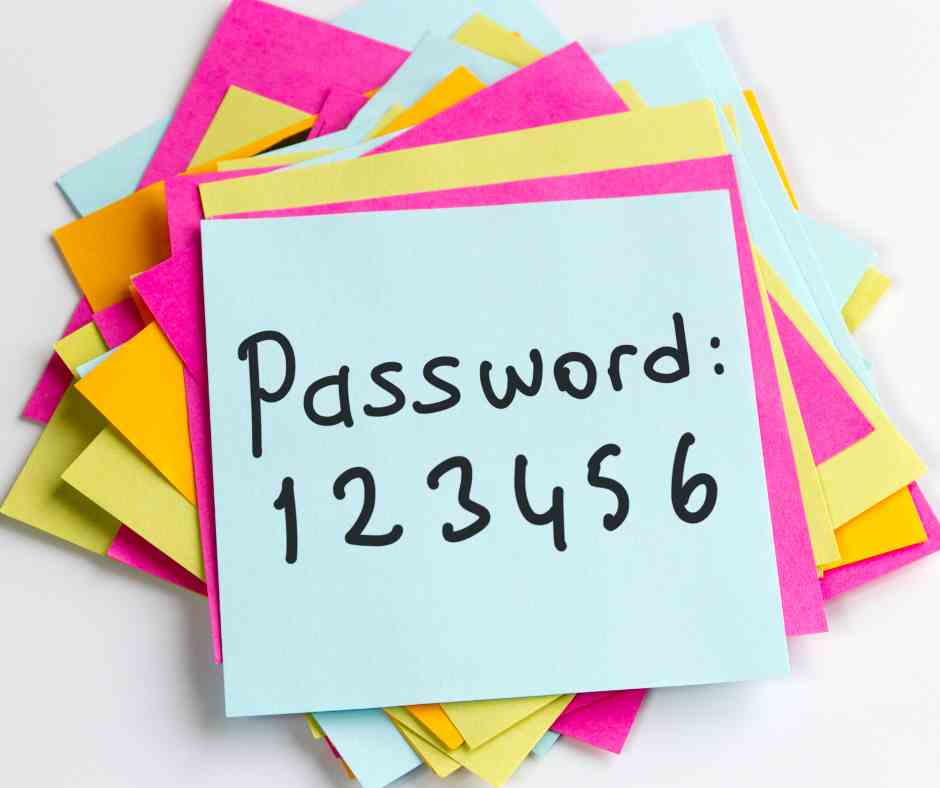When it comes to cybersecurity, the choice of password is crucial. Yet the most common passwords in 2024 are shockingly simple and easy to guess. A recent analysis by NordPass highlights how millions of users still rely on weak, repetitive passwords. Thus, they leave their accounts highly vulnerable to hacking attempts.
Every year, password managers like NordPass analyze global password trends to highlight risky practices. In 2024, the results are, once again, disappointing. You may think that it’s a joke but the most common password, “123456,” remains unchanged. It is used by millions for both personal and corporate accounts.
Here are the top 5 passwords for 2024 for personal accounts:
- 123456
- 123456789
- 12345678
- password
- qwerty123
For corporate accounts, the top offenders are similar:
- 123456
- 123456789
- 12345678
- secret
- password
Shockingly, these passwords can be cracked in less than a second.
Why Are Weak Passwords Still So Common?

Despite years of warnings from cybersecurity experts, people still default to simplicity when creating passwords. Convenience often outweighs security, especially for corporate accounts where users may need to access multiple platforms daily. Additionally, many users fail to adopt best practices like password managers, which could generate and store strong, unique passwords.
Using weak passwords isn’t just about personal inconvenience—it poses significant security risks for both individuals and organizations. Hackers can easily crack simple passwords using brute-force attacks, access multiple accounts if passwords are reused, or just exploit stolen credentials from data breaches available on the dark web.
For businesses, compromised passwords can lead to costly breaches, data theft, and reputational damage.
How to Strengthen Your Passwords in 2024
To protect your accounts and data, follow these tips for creating secure passwords:
- Make them lengthy: Use at least 12 characters with a mix of letters, numbers, and symbols.
- Avoid predictable patterns: Stay away from common phrases, birthdays, or names.
- Don’t reuse passwords: Each account should have a unique password.
- Use a password manager: These tools store and generate strong passwords, requiring you to remember only one master password.
Find more updates about cybersecurity on TechanDevices.









